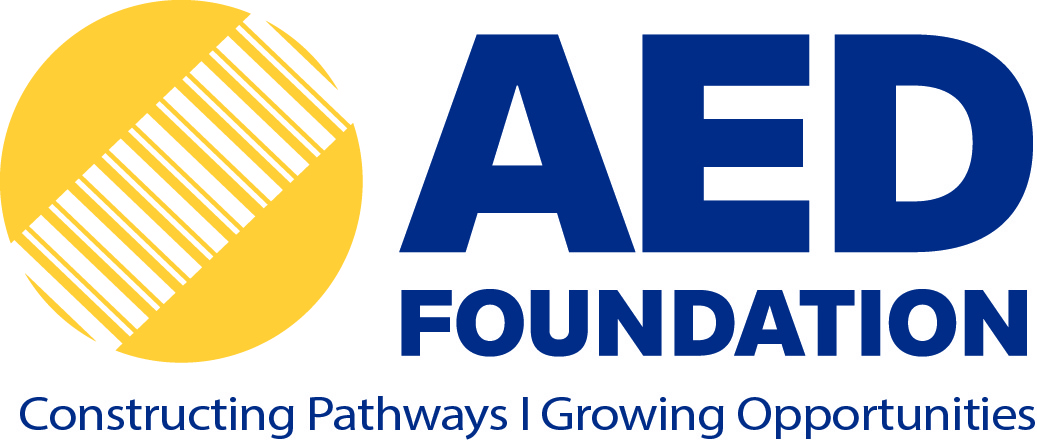The focus of APT is to expose students to mechanics, power, technology, and career options in the world of agriculture. Students participating in the APT course experience various mechanical and engineering concepts with exciting hands-on activities, projects, and problems. Experiences will involve the study of energy, tool operation and safety, material properties, machine operation, and structural components. Students acquire the basic skills to operate, repair, engineer, and design agricultural tools and equipment. Students will apply engineering principles to constructing machines and structures throughout the course.

Professional development events prepare teachers to implement full-year CASE courses. Institutes provide teachers with the content and skills needed to use CASE curricula in their classrooms. CASE Institutes last five to eight days and are hybrid, in-person, or virtual.

CASE provides a comprehensive professional development experience and a work-life balance so teachers can best educate their students. The coursework is adaptable and customizable based on teacher preference to fit all geographies and communities.
.png)
Development of the CASE Agricultural Power and Technology course was made possible by contributions from TransCanada, John Deere, and Firestone as a special project of the National FFA Foundation.


